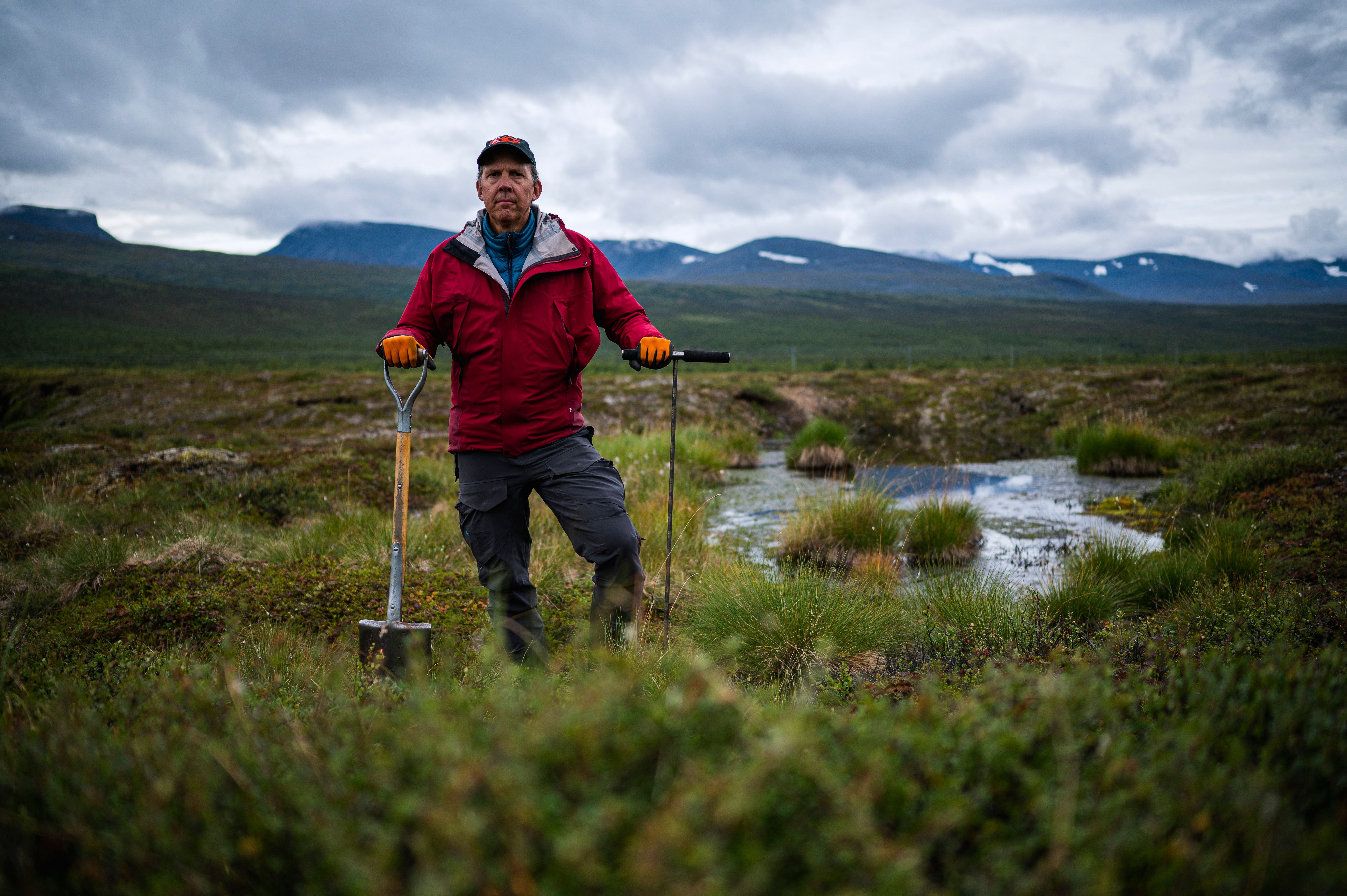‘Shocking’ and ‘bonkers’: Antarctica heat is a warning for higher food prices
Our societies and economies are dangerously vulnerable to the threats we face as we go deeper into the climate crisis


Your support helps us to tell the story
From reproductive rights to climate change to Big Tech, The Independent is on the ground when the story is developing. Whether it's investigating the financials of Elon Musk's pro-Trump PAC or producing our latest documentary, 'The A Word', which shines a light on the American women fighting for reproductive rights, we know how important it is to parse out the facts from the messaging.
At such a critical moment in US history, we need reporters on the ground. Your donation allows us to keep sending journalists to speak to both sides of the story.
The Independent is trusted by Americans across the entire political spectrum. And unlike many other quality news outlets, we choose not to lock Americans out of our reporting and analysis with paywalls. We believe quality journalism should be available to everyone, paid for by those who can afford it.
Your support makes all the difference.“Shocking,” said the Met Office head; “bonkers,” according to an Antarctic researcher. The heat at both ends of the planet this week has scientists straining for adjectives. 40°C above normal in Antarctica, 30°C hotter than usual in the Arctic. With temperatures so much above anything on record, scientists had to confirm that, no, it isn’t a typo: this is really happening.
Last week, the Conger ice shelf, which sits off the East Antarctic coast and is around 1,200 square kilometers across, collapsed completely. Ice sheets hold back the flow of ice into the sea. “If they collapse, then ice flow from inland accelerates and leads to sea level rise,” said Andrew Mackintosh, a scientist at Monash University in Australia.
A natural reaction to such news is to fear the ice sheets might collapse entirely. If the West Antarctic ice sheet collapsed into the ocean, global sea-levels could rise several metres – much faster and further than expected – swamping coastal cities. That is not likely to happen soon, but the polar heat is a horrifying reminder of the stakes involved.
This is the thing about the climate crisis: the impossible is rapidly becoming reality. Burning fossil fuels has created a world in which extreme events are more frequent and more intense. They are not just breaking records, they are smashing them, and rewriting what we can expect from our future.
It is also becoming clear we are not prepared. Our societies and economies are dangerously vulnerable to the threats we face as we go deeper into a world of unknowns.
One of the most alarming risks is the increasing threat of simultaneous crop losses in major food-production areas. We’re seeing something like this play out today. One factor behind the rising cost of living is that pasta prices are much higher, because drought in Canada last summer wrecked the durum wheat harvest. This pressure is only going to get worse as Russia’s invasion of Ukraine destroys wheat harvests and pushes up food prices around the world.
Another example: widespread failure of the global maize harvest was deemed almost impossible without human-caused warming. But that could happen every one in 14 years if temperatures rise only a little further. The failure of staple crops would disrupt global food supplies and likely cause global famines.
These scenarios can feel overwhelming and depressing. But that doesn’t mean things are hopeless.
First – as if any more evidence was needed – the polar heatwaves show that emission cuts need to go further and faster. Our current plans to cut carbon dioxide emissions put us on course for far more warming than we have already seen, potentially closer to twice as much. To stop that we must end investments in new oil, gas and coal projects now.
To keep up to speed with all the latest opinions and comment sign up to our free weekly Voices newsletter by clicking here
Secondly, the world needs to become much better prepared to stop extreme weather turning into disasters. Some of the consequences of this coming crisis are predictable: more heatwaves, more dangerous storms and floods, faster sea-level rise and so on. But it’s not inevitable that a drought leads to a local or global food crisis; heatwaves don’t need to kill people.
If we become prepared, we can mitigate a lot of the impact. Erratic weather events are much more dangerous if people, infrastructure and supply chains aren’t ready for them. The world can prepare for the consequences of the climate crisis it has failed to prevent – even if we can’t know in advance exactly what those consequences will be. At the same time, we must stop the planet warming further.
As we have seen again this week, we are now in an age of unknowns. Unprecedented events like the polar heatwaves, simultaneous harvest failures – and whatever comes next – are the reality of the climate crisis. We need to be ready for the unexpected.
Leo Barasi is the author of The Climate Majority: apathy and action in an age of nationalism.
Join our commenting forum
Join thought-provoking conversations, follow other Independent readers and see their replies
Comments